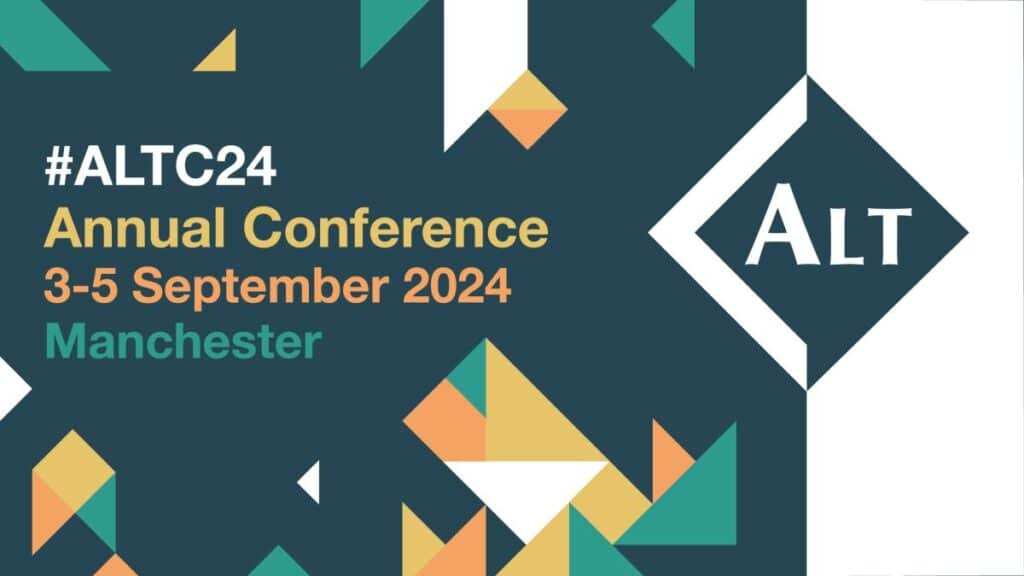Teaching Cybersecurity: Engaging Students Through Polling and Flipped Learning
by Alison Maloney
I can’t remember the last time I read the news and there wasn’t a story about someone being targeted by cyber criminals. From the big headline grabbing stories about data breaches impacting millions of people at a time, to the heart-breaking stories of small businesses and individuals being scammed of their life’s savings, these attacks are only going to get more sophisticated. Cybersecurity expertise is in demand globally.
According to Dr Rosanne English, Senior Teaching Fellow at the University of Strathclyde, teaching cybersecurity is an exciting and rewarding experience.
Reflecting on her own educational journey, English recalls her undergraduate experience in Mathematics, where lecturers would stand in front of the room, writing equations on the blackboard while learners scribbled down notes. She found it challenging to digest and understand the material presented in that way and it inspired her to adopt a more student-centred approach in her Computer and Informational Sciences courses.
Hear Dr Rosanne English talk about her flipped learning classes in the video below
To ensure students are independent as well as computational thinkers, English uses a number of different strategies including ‘interactive windows’, defined by Huxham (2005) as 10 minutes of content delivery followed by activities such as paired discussions, problem solving, and quiz questions.
Within the interactive windows, English uses polling. Her students are from diverse backgrounds, with many being new to computer science, and she initially chose to introduce polling as a form of summative assessment, so that students could perform concept checks throughout the module. Recently English has moved the polling to be more formative, allowing students to anonymously express their understanding and difficulties, and providing valuable real-time feedback. “Polling has allowed me to refine the way I teach by making classes more interactive and responsive to student needs,” she says.
Polling in a Flipped Learning model
A key part of English’s teaching philosophy is the flipped classroom model. One of the exercises involves learners completing tutorial questions in their own time in preparation for discussion groups in class. She discovered that, even with the preparation, students were often hesitant to share their answers and check them against each other.
As a solution, English decided to use two of the functionalities available in EchoPoll.
During the student’s asynchronous preparation for the in-class activities, English uses the assignment functionality to introduce new concepts and encourage responses to open-ended questions, and then during the class uses the software to transform the questions into multiple-choice formats, enabling students to verify their understanding during class.
"The feedback from students has been overwhelmingly positive. They find this method more engaging and are more comfortable participating compared to raising their hand for help."
Watch the video below to hear Dr Rosanne English share her students response to polling and her plans for next semester.
Expanding the use of EchoPoll
Looking ahead, English plans to expand the use of EchoPoll, noting that “some students discovered features of EchoPoll that I wasn’t even aware of” – and she’s keen to refine her approach based on their feedback. English emphasises the importance of ongoing evaluation throughout the module rather than relying solely on end-of-semester assessments. “I want to assess progress as we go along, not just when students are overwhelmed with final assignments”. She says that this continual assessment helps her to maintain a clear focus on learning, keeping students at the centre, and ensuring that our future cybersecurity professionals are properly equipped to face the challenges they’ll encounter in the years to come.

At ALTC this year, Alison Maloney is presenting with TBL expert Professor Simon Tweddell from Bradford University on the importance of creating the right questions in assessment.
Don’t have time for a session? We would love to see you at the booth.
